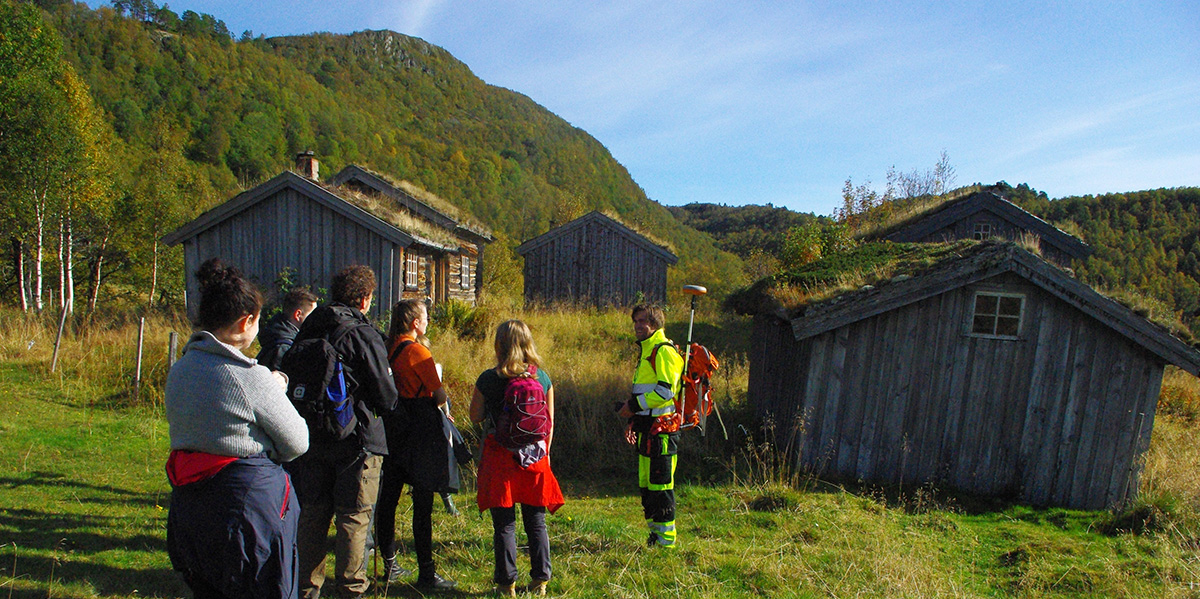Cultural Heritage (master's programme)

Cultural Heritage
Cultural Heritage - Master's Programme
The focal point of the master's programme in Cultural Heritage is on recent cultural monuments. Cultural heritage at NTNU aims to educate future cultural heritage managers on making use and protecting cultural monuments. Moreover, the master's programme proposes to educate candidates in providing the public with the opportunity of getting better and stronger experiences of cultural monuments.
Norway has recently completed an extensive museum reform. Along with new distributions of tasks in the administration of cultural monuments, the reform has resulted in a need for innovative forms of cooperation. Moreover, this corresponds with a requirement for professional comprehensiveness. The master's programme is adjusted to accommodate to these changes, and will provide students with interdisciplinary skills of high standards.
The master's programme builds on the bachelor's programme in Cultural Heritage, but involves a deeper and more specialized study within the discipline. The master's programme aims to provide the students with further practical and theoretical qualifications in the preservation, dissemination and management of cultural monuments. Focusing on recent cultural monuments, the programme of study consists of courses in building preservation and theory of heritage, museum and dissemination, landscape and planning, as well as management theory.
The programme includes an eight-week trainee period, with a further two-week period of complementary work and report-writing. During this stage the students will be connected with institutions related to cultural monuments, such as museums, public administration and other relevant work places and institutions.
The compulsory master's thesis (which amounts to 30 ECTS credits) is the final part of the master's programme. Topics or problems associated with the trainee position is the starting point for the thesis. Central topics include the production of an exhibition, preservation projects for an area or a building, or more general problems concerning the preservation, dissemination and management of cultural monuments.
The language of instruction in this programme is Norwegian
You have to meet the Norwegian language requirements, or have a Scandinavian language as your mother tongue, if you want to apply to any of NTNU’s degree programmes taught in Norwegian.
You also must meet the basic requirement for admission, and demonstrate that you meet the English language requirements.
The application deadline for the programme is March 1st for students with an international degree, and April 15th for Norwegian and Nordic degree students. Students apply through NTNU søknadsweb.
The faculty of Humanities offer a wide range of courses taught in English in our various fields of studies, both at bachelor's and master's level.
Please contact us at studieveiledning-ihs@hf.ntnu.no or directly to the advisor for the study programme: Espen Andresen
Contact information, Department of Historical and Classical Studies
Phone: +47 73 59 64 40
Email: kontakt@ihk.ntnu.no
- Visiting address:
- Campus Dragvoll
Edvard Bulls vei 1
Building 11, level 5 - Postal address:
- NTNU
Department of Historical Studies
NO-7491 Trondheim
